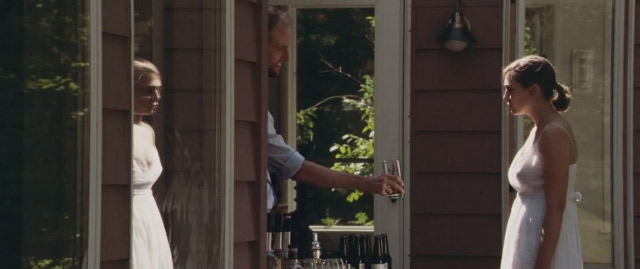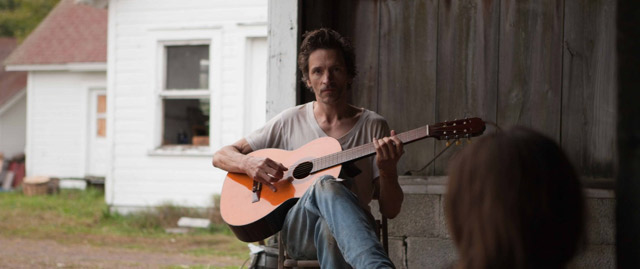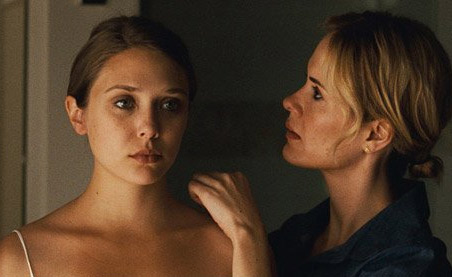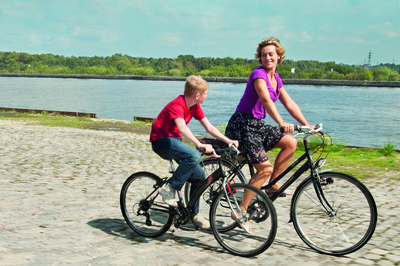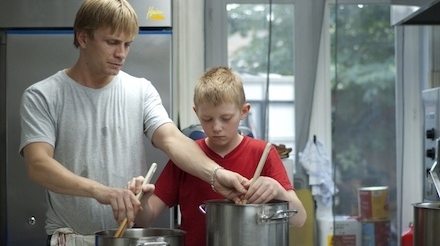the link i live in
 Thursday, October 13, 2011 at 4:00PM
Thursday, October 13, 2011 at 4:00PM 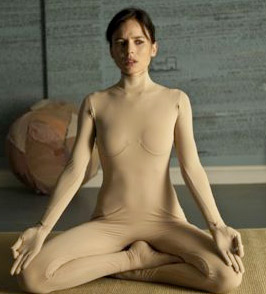 Animation Magazine Have you heard that Steve Jobs wanted Aaron Sorkin to write a Pixar movie? It's be more interesting if he wrote a movie about Pixar. How would his sharp sometimes cynical wit mesh with Pixar's self-promoted internal cheer as the happiest workplace on earth?
Animation Magazine Have you heard that Steve Jobs wanted Aaron Sorkin to write a Pixar movie? It's be more interesting if he wrote a movie about Pixar. How would his sharp sometimes cynical wit mesh with Pixar's self-promoted internal cheer as the happiest workplace on earth?
Towleroad I say a few words about Pedro Almodóvar's latest
IndieWire interviews Elena Anaya on her role in The Skin I Live In. *mild spoiler alert*
New York Times "The Formula of Melodrama" brought on by Almodóvar's gripping The Skin I Live In.
My New Plaid Pants more pics from the set of Steven Soderbergh's flesh fest Magic Mike plus JA's hilarious commentary.
Gold Derby finds fun elected trivia about Meryl Streep's upcoming nomination for The Iron Lady (what do you mean "if")
Awards Daily pontificates about Olivia Colman's Oscar chances for Tyrannosaur. I saw the movie much earlier this year and she is brilliant in it.
Culture Map Austin Kristen O'Brien shares memories of George Harrison, whose back in the cultural ether (not that the Beatles ever leave it) given Martin Scorsese's documentary. Love this bit about Madonna and Shanghai Surprise (which Harrison provided music for) of all things.
On this last visit to Friar Park we met first to view footage from the film Shanghai Surprise. I joined Dad to watch the dailies with Harrison and the principal actors in the film, Madonna and Sean Penn. After the screening, we went back to Friar Park for dinner. However, before dinner was served, we gathered in the TV room so that Madonna could get Harrison’s feedback on her latest as-yet-unreleased video. It was "Live to Tell," and she shyly played it for all of us, looking earnestly to George for his approval. After the video we watched The Muppet Show, and I remember thinking it was funny, but yet perfectly natural, to be sitting here with Madonna laughing over Miss Piggy and Kermit the Frog.
 CBR has a list of unproduced superhero movie screenplays that might make good comic books. Though I knew that Tim Burton and Michelle Pfeiffer wanted to do a Catwoman movie after Batman Returns... I didn't realize that an actual screenplay was turned in (and rejected). Either that or I've just forgotten to block out the pain.
CBR has a list of unproduced superhero movie screenplays that might make good comic books. Though I knew that Tim Burton and Michelle Pfeiffer wanted to do a Catwoman movie after Batman Returns... I didn't realize that an actual screenplay was turned in (and rejected). Either that or I've just forgotten to block out the pain.
Keyframe Nick, Timothy and Kevin (three of my four favorite Chicagoans) are arguing over the Chicago Festival fare in this ongoing conversation including The Kid With a Bike, Miss Bala, My Week With Marilyn, and The Artist, and Melancholia. I'm happy to see Nick appreciated Melancholia as much as I did. Where is my review? Funny you should ask. Why am I procrastinating it so?
Finally, if you're young musical theater performer type -- I know TFE has readers of that persuasion -- you might want to consider auditioning for The Glee Project Season Two. In the past I've always been violently opposed to reality shows which cast productions of anything. Casting should not be a democracy. It should be left to the experts or the people who have to work with the people that are auditioning. I had NO intention of watching this show but I stumbled on it one day and was surprised at how interesting it was. The audience couldn't vote (yay!) and it became this behind the scenes expose (albeit heavily edited and undoubtedly self-censoring) of how show creators react to talent who would love to work with them, and what does or doesn't factor into their hiring decisions. It reminds you of how true it is that talent will only get you so far (i.e. a foot in the door) but there are so many intangibles in showbiz.







